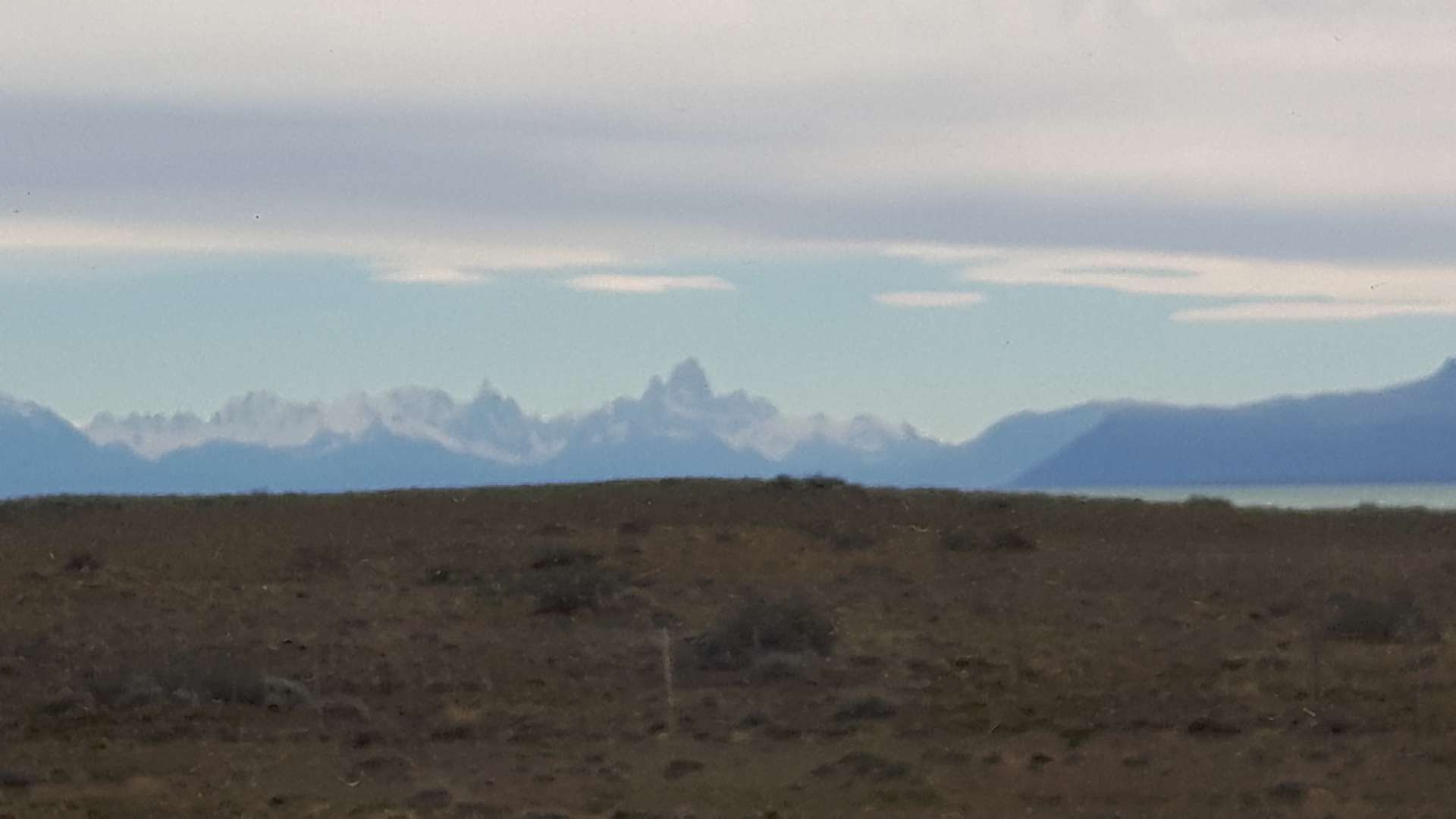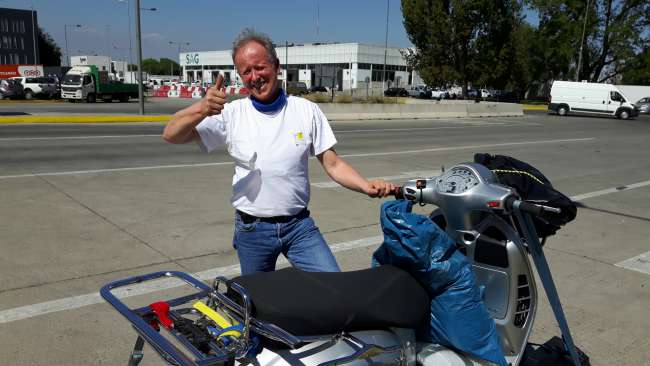ab 31.03.: Valparaiso
E hatisitsoe: 21.04.2017
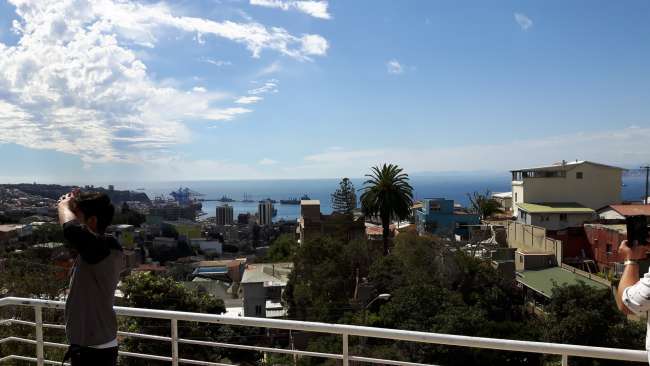
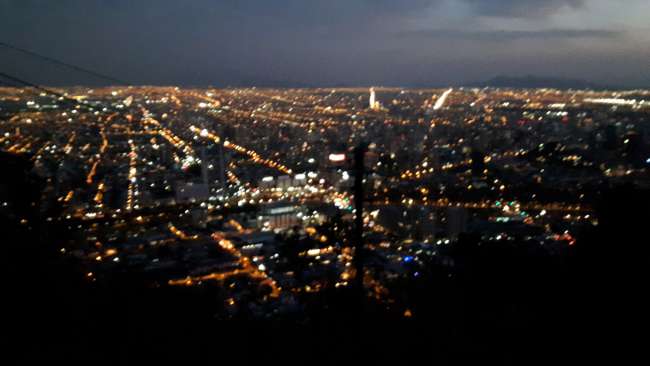
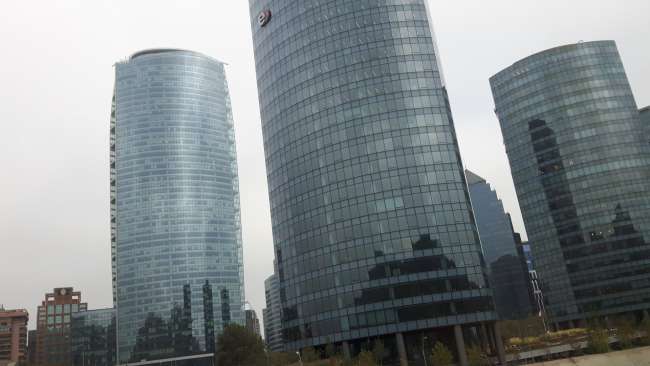
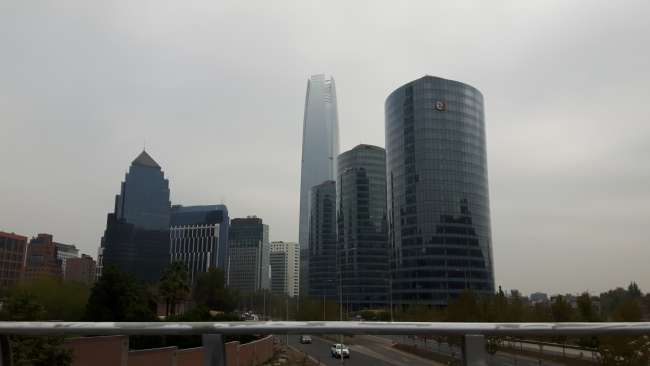
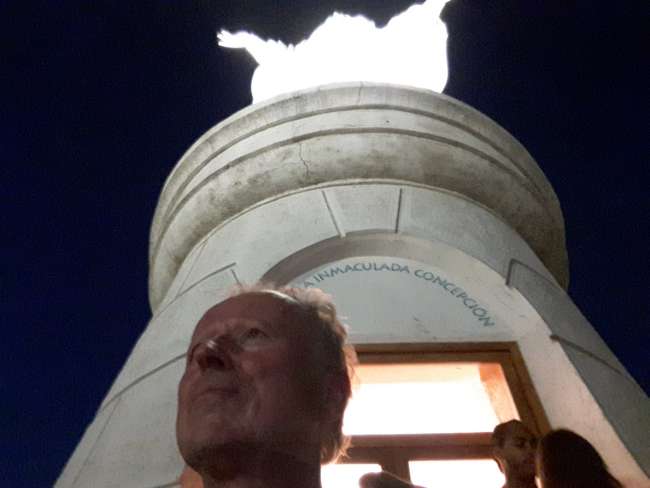
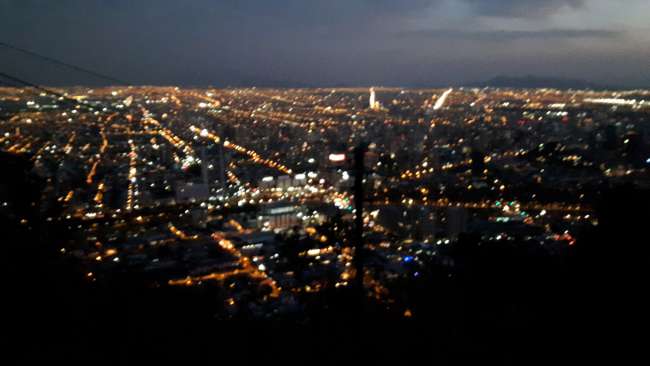
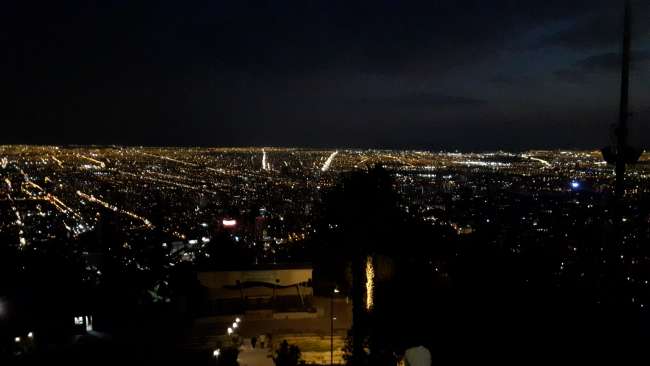
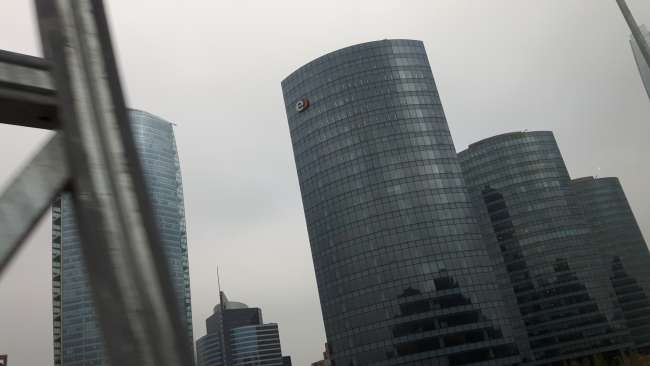
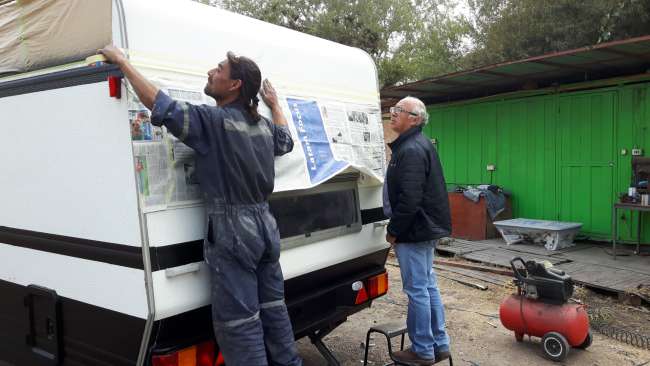
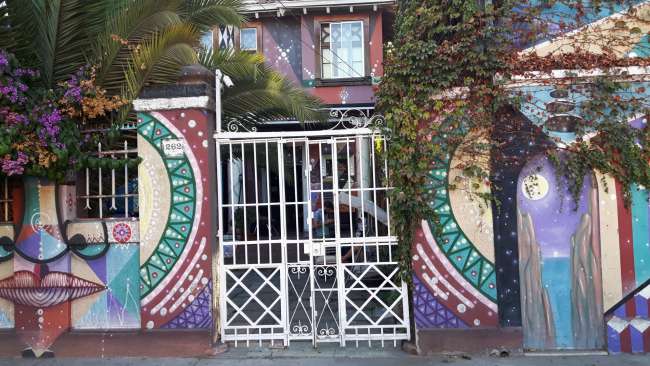
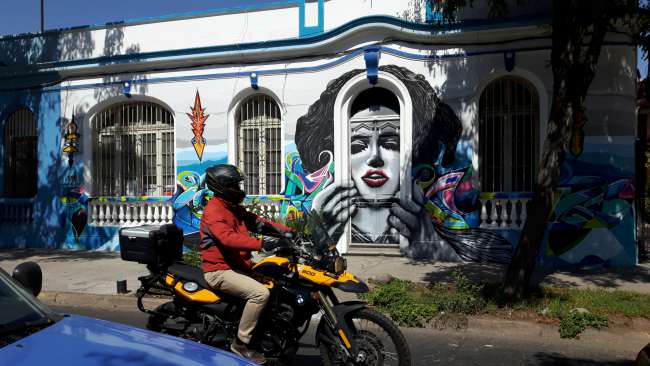
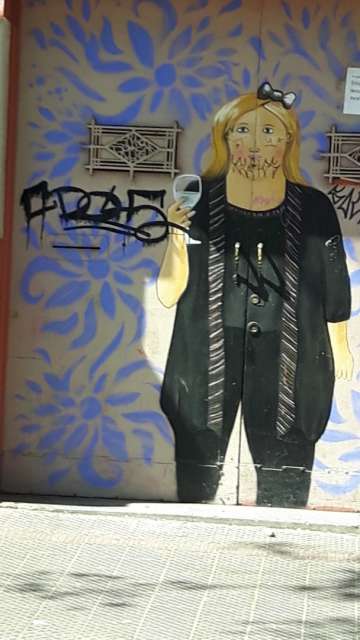
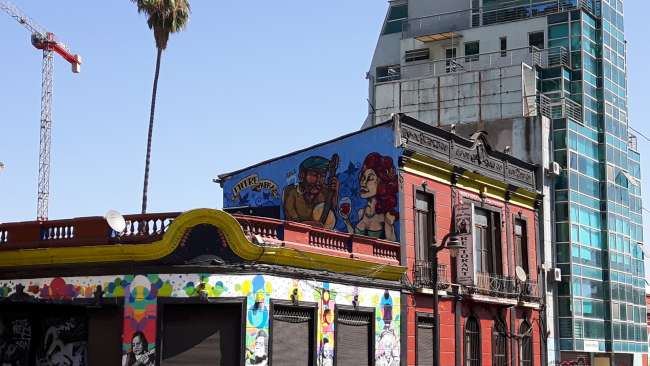

Ngolisa ho Newsletter
31.03.:
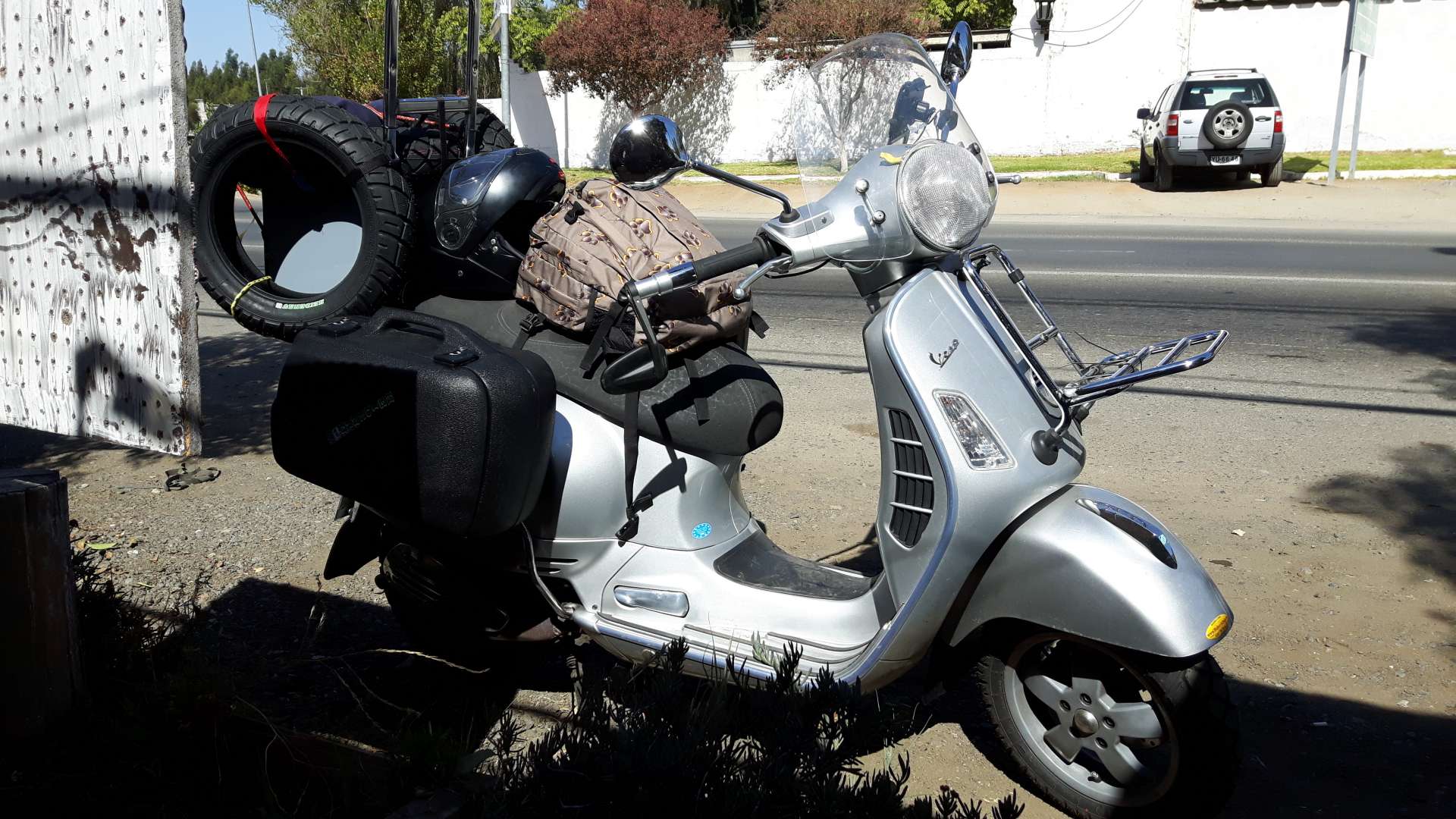
On the way to Valparaiso. The backpack stays in the hostel in Santiago
Before the Panama Canal was opened - that was at the beginning of the 20th century - its creation is described in great detail in Stefan Zweig's 'The Decisive Moments in Human History' - Valparaiso was a port city with bustling trade and commerce.
Its breakthrough has changed the shipping route and pushed Valparaiso's significance into the background.
Today, there is nothing left to experience, but still to see.
When I was there three years ago, there were still Hamburg Süd containers - now everything is gone, but the Chilean government is investing in tourism and wants to change the port facilities.
There is already a large and reasonably well-frequented bus parking lot.
Perhaps that's why Valparaiso with its approximately 250,000 inhabitants has remained such an impressive city. Known for its colorful houses piled up on the hills, far away from tsunamis that recently raged in the north of Valparaiso.
Most recently, the region made headlines due to devastating forest fires.
I am staying in a light-filled hostel that reminds me a lot of the hostel where Nora lived and painted, which is why I visited it three years ago.
Now it is fully booked in summer because Kathi and Roberto have made an agreement with the university to accommodate the students. Things couldn't be better for Kathi and Roberto. Roberto recommended his mother's hostel to me.
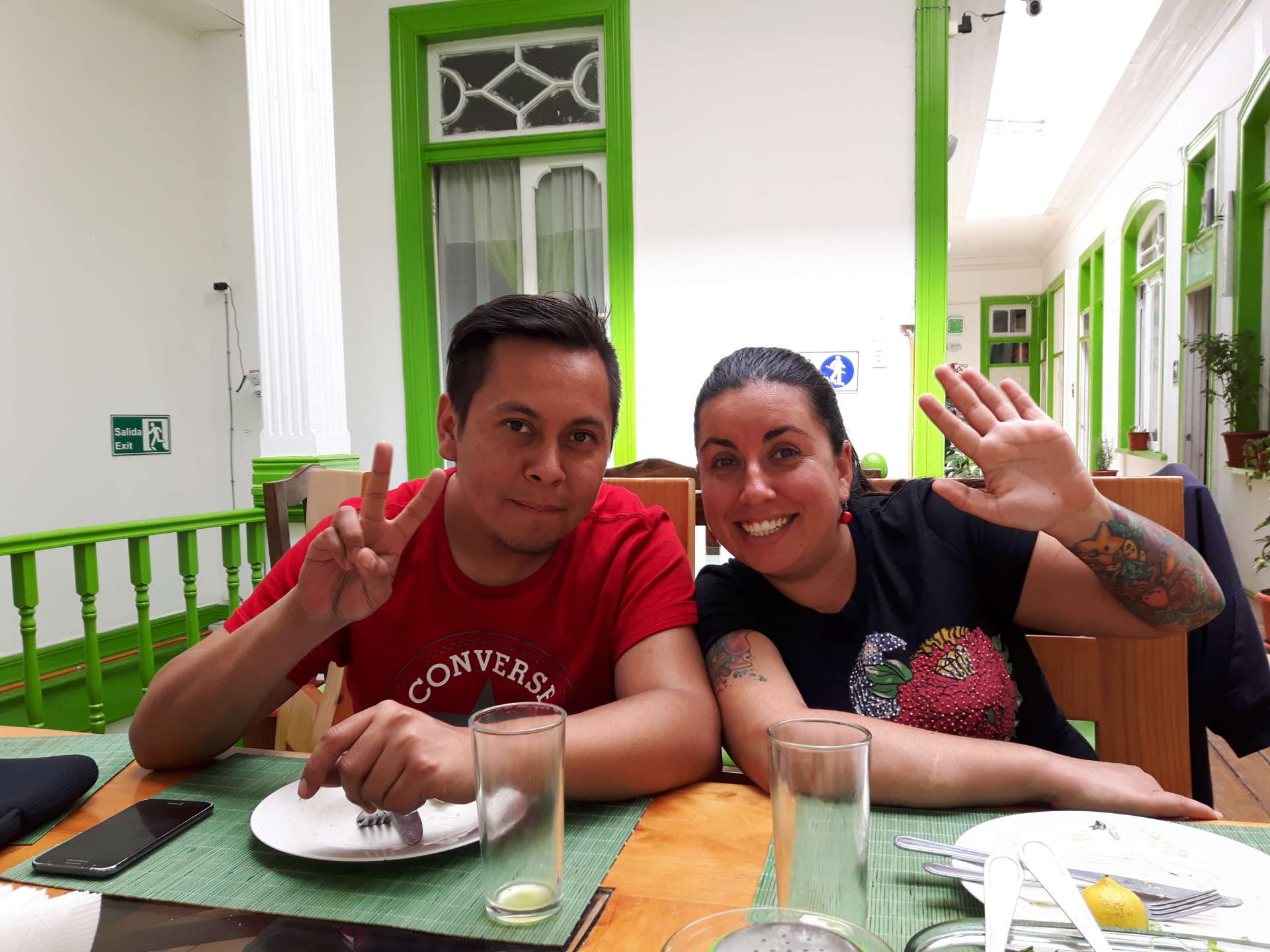
I'm sitting in a café in Valparaiso and the sundowner in the form of an Escudo (local beer) is already in front of me.
I'm currently writing my blog when, due to an careless movement, my glass spills over the keyboard.
What a dilemma!!!!
I need the notebook as urgently as my smartphone and Vespa!
I try to limit the damage immediately and use up all the napkins available in a box in front of me, but a last flicker of the monitor - a last 'e' from Internet Explorer - and darkness sets in.
Mentally, I have already given up on the notebook. When I get back to the hostel, I immediately tell my Spanish senoras about my mishap. I ask them if they could maybe ask Roberto if he can recommend a computer store to me.
He can!
The next morning at exactly 10 o'clock I am already in front of closed doors. Later, the saleswoman tries to console me with a one-week waiting time, but I need it urgently. I'm a journalist from Germany and this is a special situation.
She gets the technician. He takes care of the notebook and tells me to come back around 1 o'clock. Three hours of tension!
When I come back to the store, I am greeted with a proud smile and a thumbs up - huge relief for me - but the catch comes right after - the battery is dead. He doesn't have it, four weeks delivery time, Santiago 50:50.
Doesn't matter, I have the notebook back. I know the socket question from my trip with Nora through Argentina and later through Brazil and now I need an extension cord again.
I'm aware that my journalist antics from Germany and my exuberant joy are driving up the price...
Before I go to the beach via a busy street, I pass by the market halls where chaos reigns. The fruits not only pile up inside the halls, but also on the sidewalks in front. It's almost impossible for pedestrians to pass through. The ubiquitous and beloved dogs of the Chileans eat their way through the waste, while big and small cats feast on the fish scraps. In between, there are mobile traders who spread their wares on the street.
Warm socks and scarves according to the upcoming season.
The sun is already setting, and I walk quickly towards the beach.
Secretly, I'm looking forward to either a beer or a coffee in the old railway car where Nora played music on a completely out-of-tune piano for 'old men'.
Just three years ago, I was there and could get an instant coffee.
The former tenant or owner was a banker from Frankfurt who wanted to do something different. The wagon is still there, but as I approach, I realize that it has been left to its fate.
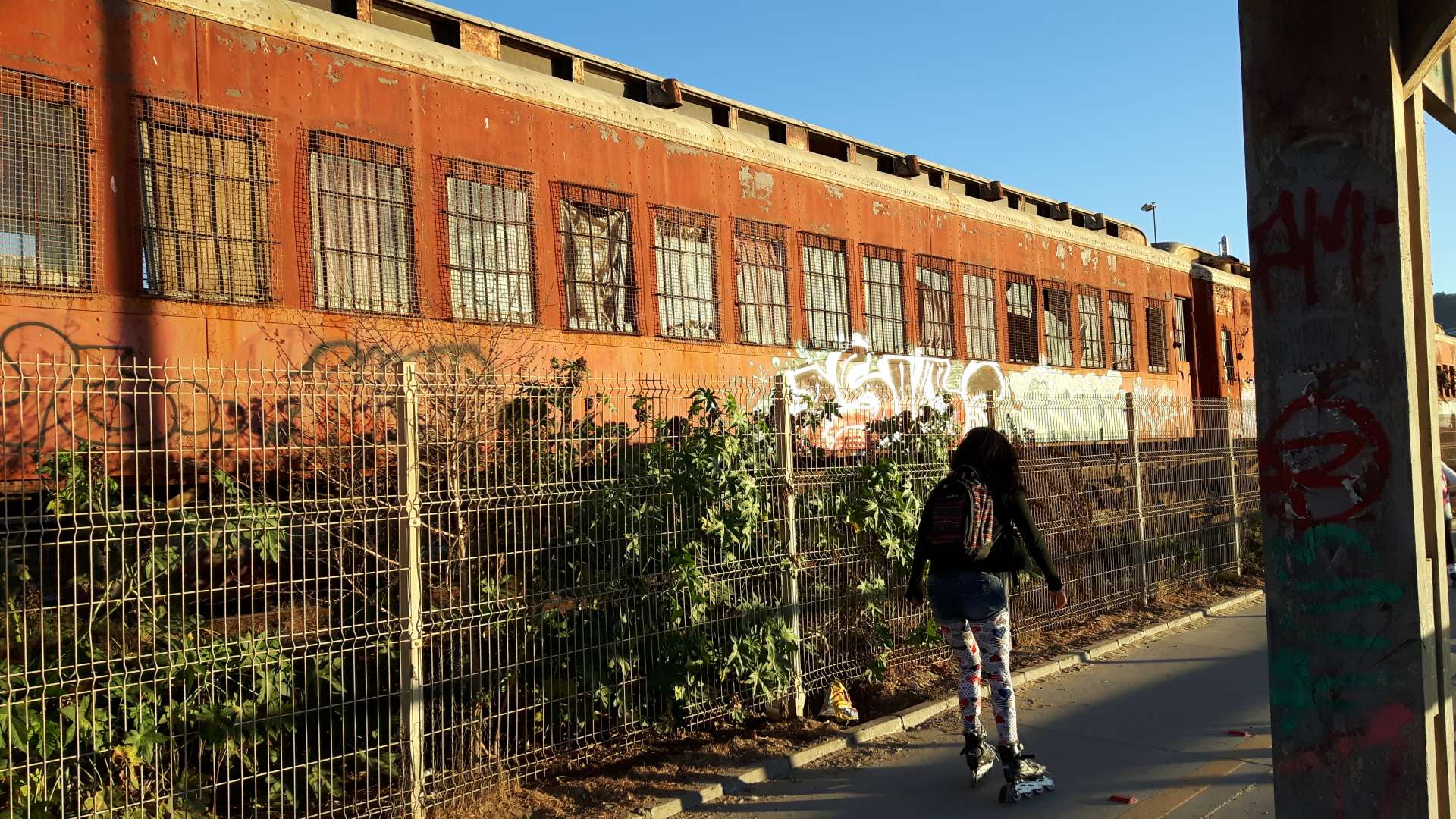
I take a photo and sit on the wall at the beach, watching the fishermen and the sea lions in the distance, basking on an old bridgehead and making loud noises. There are no pelicans to be seen. I take a selfie, take one last look at the bay, and look forward to an event in the theater.
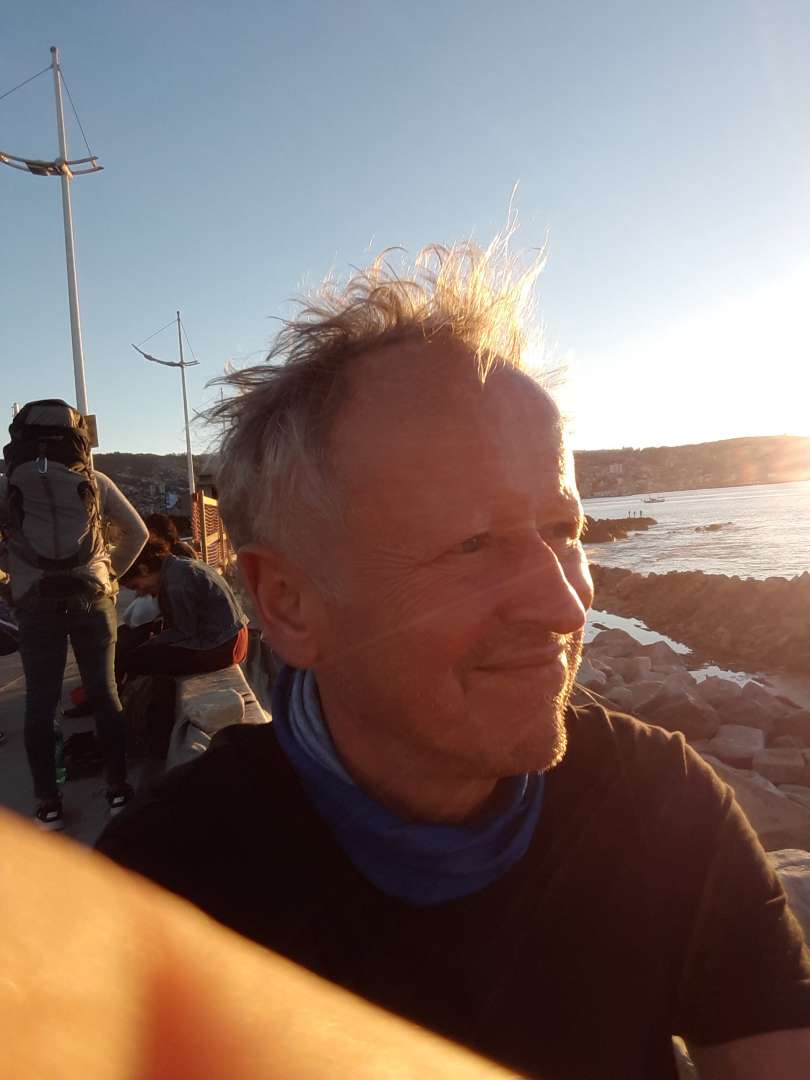
On my way back from the computer store to my hostel, I noticed a large queue in the morning, and I think somewhat maliciously, good thing I bought the ticket in the morning. Later it turns out that the others were just as clever. The admission is taking so long because there is only one ticket inspector...
Soon I'm at the top... stairs, no elevators or other things that would make it easier for wheelchair and walker users to enjoy the cultural delights of this theater - I think as I climb the steep stone staircase.
When I finally reach the top, I find myself not in plush and neo-baroque, but rather see wooden benches arranged in a half-circle, mostly already occupied by Valparaiso residents who can't wait any longer until the start of the performance.
There is no theater atmosphere. More like a football stadium. Hashish smoke collects in the dome, clapping, cheering, voices that manage to start a song, with the refrain being sung loud as well.
The more people come up, the more excited the atmosphere becomes. Chilean flags are waved, some Allende portraits can be recognized, which, by the way, can be bought at the entrance. 45 years of Latin American music. I count back and arrive in the seventies, when Allende had already been overthrown.
Finally, the band enters the stage. Up here it's a real frenzy, but then concentrated silence sets in as songs by Victor Jara are played.
He was shot down by Pinochet's soldiers just a few days after the coup, with 44 bullets. My neighbor, an older woman who experienced the dictatorship and may have lost a son because of it, quietly cries to herself.
The musicians manage to reanimate the emotion and anger of their audience, representing all age groups, with video spots. Not only sad, but also defiant songs are played. With the inevitable encore, they have been on stage for three uninterrupted hours in the end.
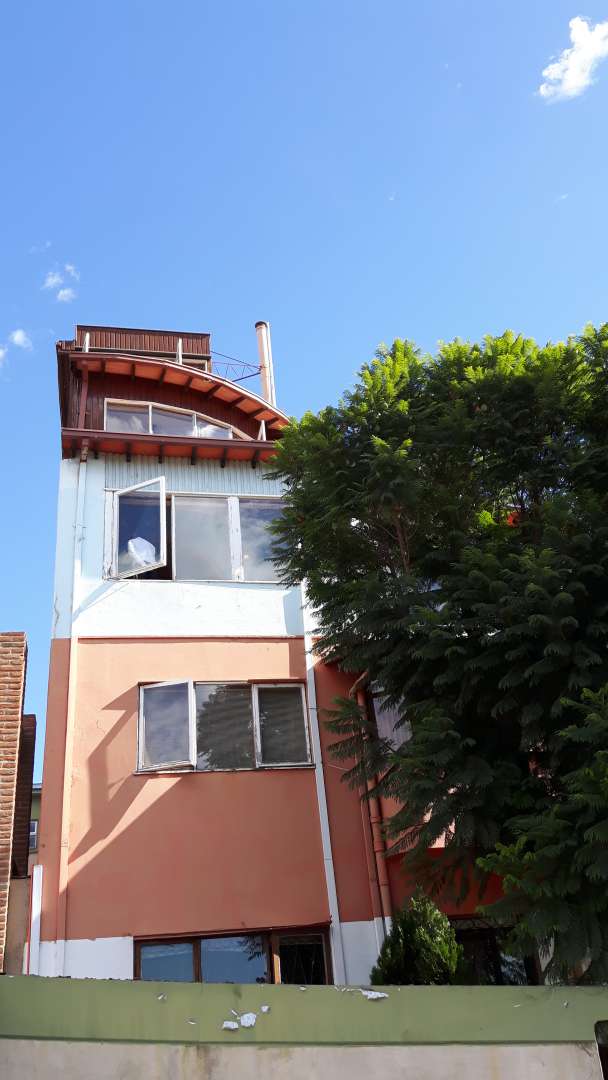
In the morning, I'm drawn to the Pablo Neruda House.
The climb uphill is quite demanding. In addition, there are high curbs that have an almost two-step distance, the traffic, and the many beautiful murals that allow you to simply stop and recharge.
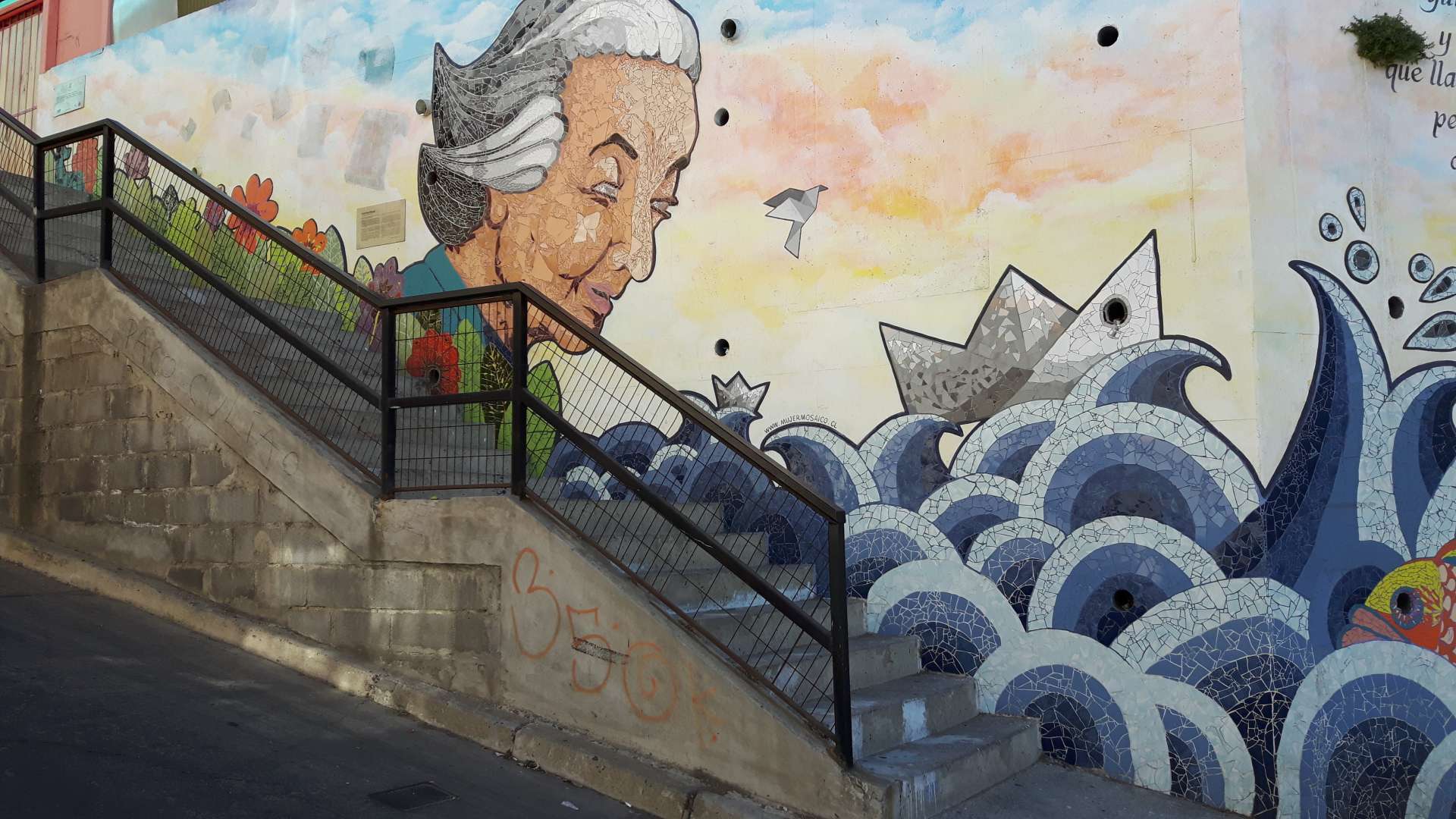
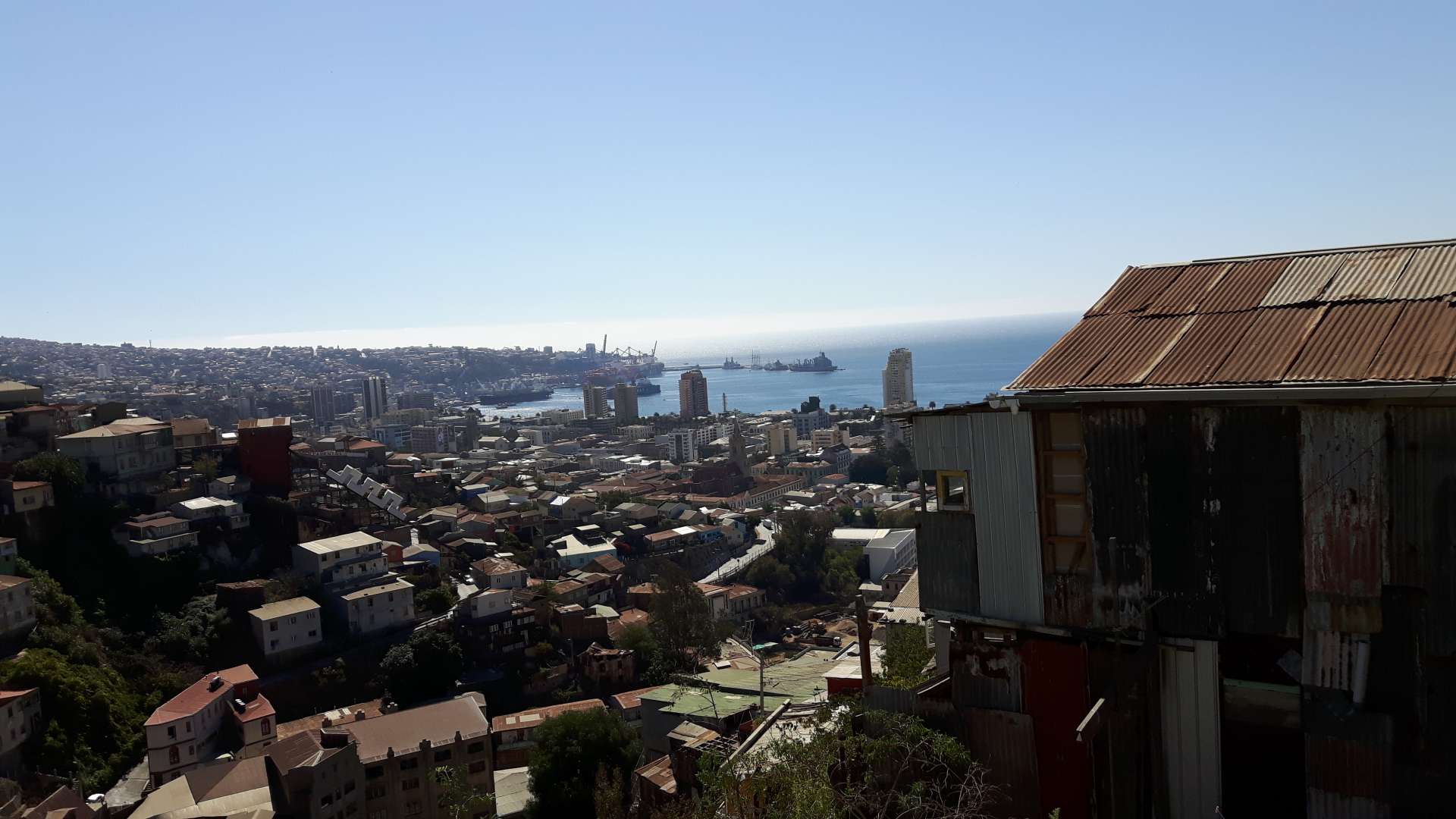
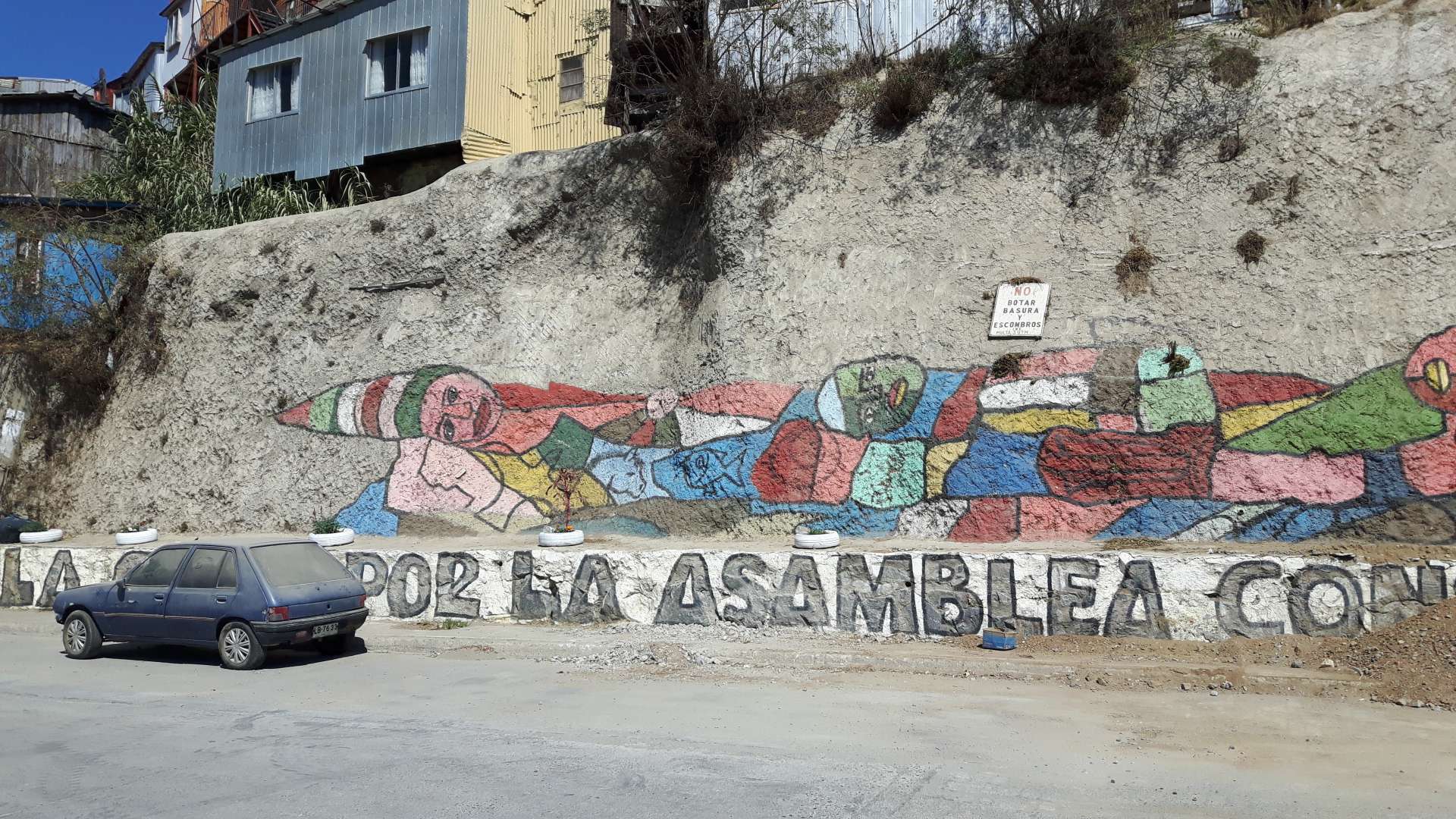
He built a house there with three levels and a great view of the bay. I wonder what it was like when the tsunami hit? He is safe up here, but I imagine it was terrible to see the people like ants seeking refuge from the towering waves on the hill.
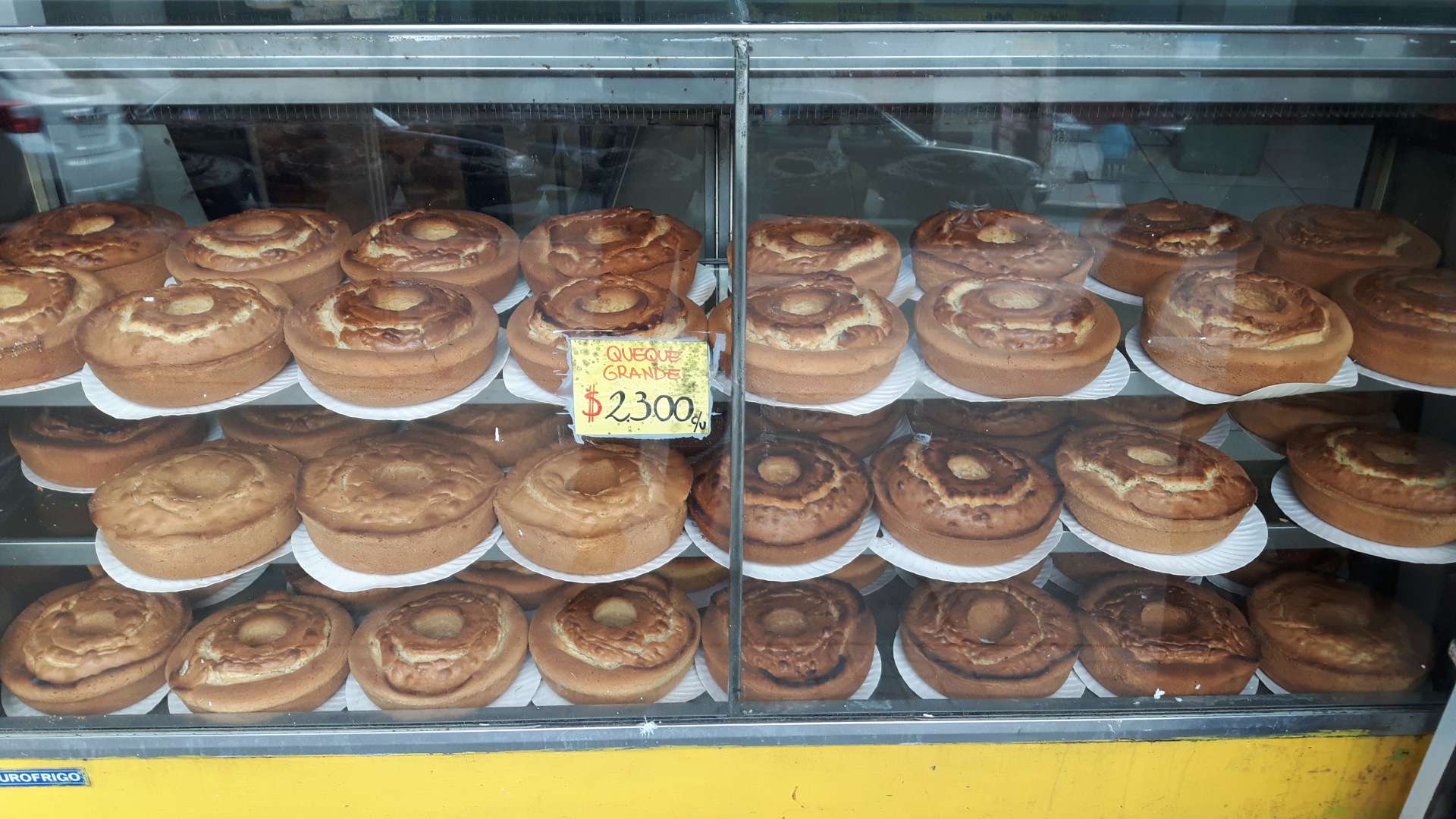

The Vespa tour from Valparaiso to Santiago on the next day is very relaxed. I take the highway again, hardly any traffic, occasional appreciative honking of family cars, and the merging into Santiago and finding my hostel goes smoothly.
Ngolisa ho Newsletter
Araba
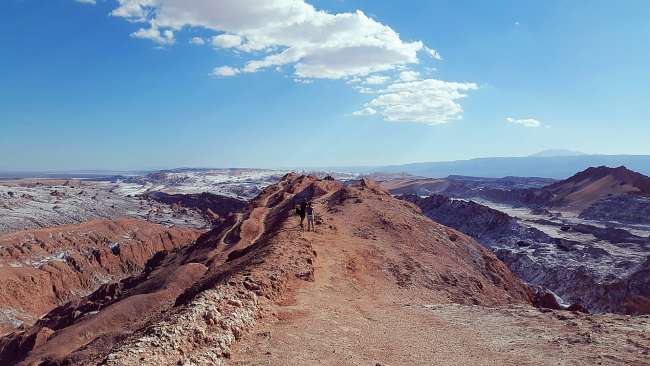
Litlaleho tsa maeto Chile
